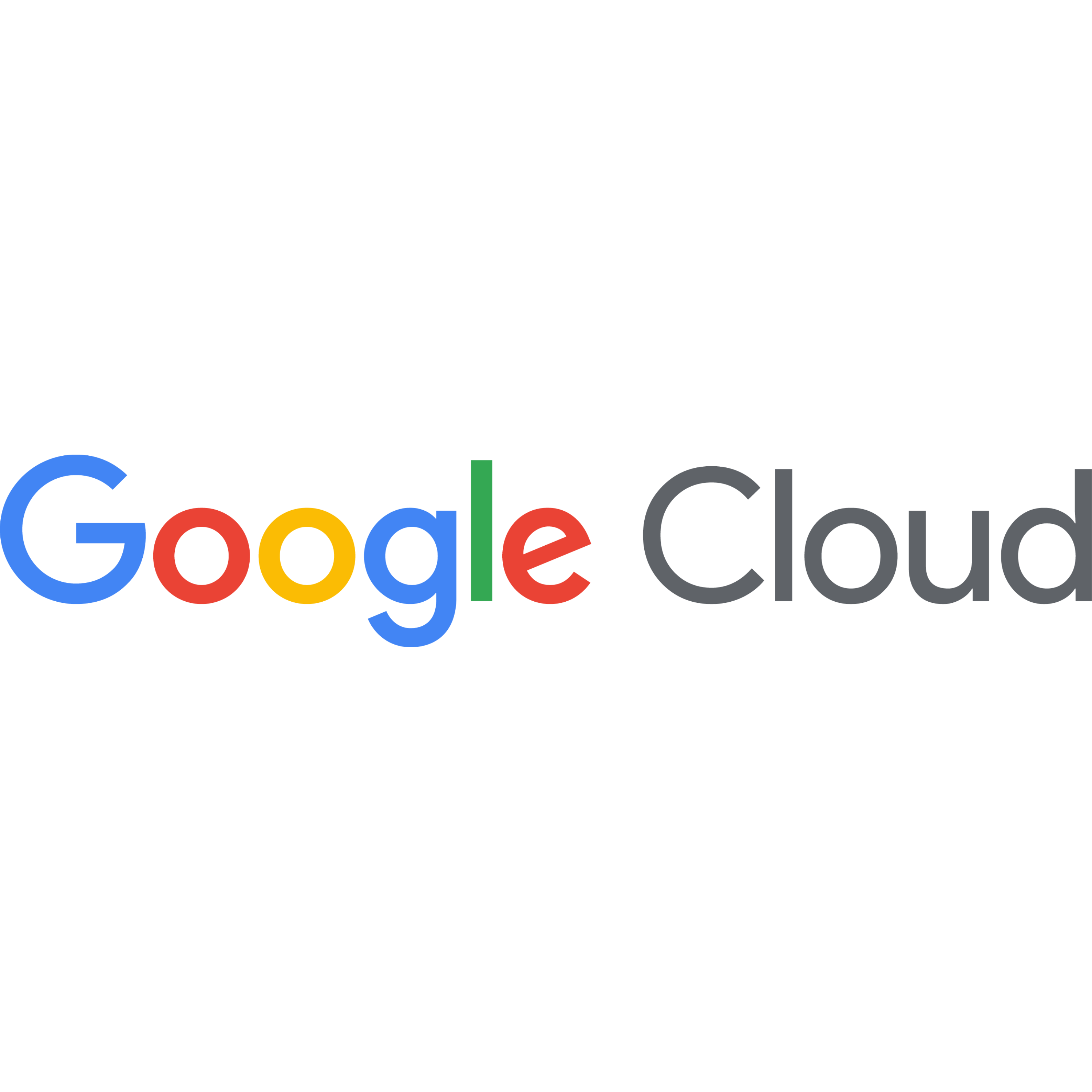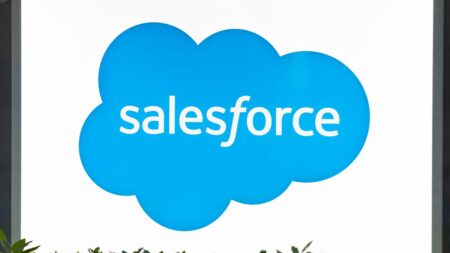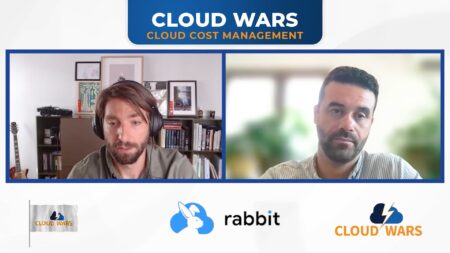
Pretty soon, Thomas Kurian will have to stop saying Google Cloud is “the world’s fourth-largest enterprise-software company,” because his surging company has very likely just jumped into the #3 spot.
“All of this — winning new customers, driving new projects, expanding and upselling product — has driven growth for us,” Kurian said at a recent Goldman Sachs investors conference.
“Five-times revenue growth in five years. We are now the fourth-largest enterprise software company in the world on a standalone basis.”
And that growth is accelerating, with Google Cloud Q2 revenue up 29% to $10.35 billion, a pace that earned Kurian’s company the #1 spot on the Cloud Wars Top 10 growth chart of the world’s fastest-growing major cloud vendors. For Q1, Google Cloud’s growth rate was 28%, and Alphabet CEO Sundar Pichai has hinted that it could rise to 30% or even higher later this year.
But as Kurian nears the end of his sixth year at Google Cloud, it’s easy to forget just how rudderless the company’s sales efforts were before he joined. For all its technological prowess, Google Cloud before Kurian had only nominal commercial presence in the market, with a tiny sales organization and a glaring disconnect between the impressive technology its engineers were turning out and the urgent needs and requirements of customers.
So I think it’s certainly fair to say that while Kurian’s comment noted in the headline above represents a pretty big chip on his shoulder, it’s a chip that he and his company have unequivocally brushed aside as they, along with Oracle, have ambitiously disrupted the status quo of the hyperscaler business.
Ask Cloud Wars AI Agent about this analysis
“We’ve obviously grown a lot — when I started, most people told me we didn’t have a chance,” Kurian said at the Goldman Sachs event.
“We’re now the fourth largest enterprise software company.”
In a moment, I’ll share some of Kurian’s thoughts on what’s driving that growth — but first I want to explore his declaration of Google Cloud being the fourth-largest enteprise-software companies.
While Kurian did not spell out who sits above Google Cloud on that list, here’s my guess:
#1 Microsoft, whose most-recent quarterly revenue was $64.7 billion, although some of that comes from consumer rather than enterprise;
#2 Oracle, whose fiscal-Q1 revenue was $13.3 billion; and
#3 is, well, I’m not sure — because Google Cloud’s latest quarterly revenue of $10.35 billion is larger than any other enterprise-software company I can think of:
- Salesforce‘s latest quarterly revenue was $9.33 billion;
- SAP‘s Q2 revenue was $9.2 billion;
- IBM‘s Q2 software revenue was $6.7 billion; and
- AWS, with total Q2 revenue of $26.3 billion, might possibly be able to count $10 billion of that $25 billion as software, but its financial documents have not offered any indication of any kind to support that possibility.
So, Mr. Kurian, maybe it’s time to revise that categorization to “third-largest enterprise software company.”
And here’s Kurian on some of the factors driving that growth that’s propelled Google Cloud to a position in the wildly competitive industry that runs quite counter to the “you don’t have a chance” BS that self-proclaimed “experts” were dishing out to Kurian not so long ago.
“Geographically we’re seeing growth in many, many markets,” Kurian said at the Goldman Sachs conference in describing his company’s momentum.
“For example, in Asia and Latin America many organizations are going straight to the cloud rather than starting on-premise and then lifting to the cloud.
Industry-wise, there were early movers, among them retailers and communications service providers. Now we’re seeing many other industries — utilities, mining, natural resources — a number of them are moving,” Kurian said.
And he then hit on a key point behind my contention that the Cloud Wars Top 10 represents the greatest growth market the world has ever known: for all the dynamism we currently see in the cloud, it still represents only a small fraction of the total IT market — but more customers are coming.
“We also see that while historically all cloud-computing projects were controlled in the IT department, increasingly the adoption is being driven by business initiatives,” Kurian said.
“For example, the head of private wealth management will say, ‘I want to use data and AI to streamline how my organization does research.’ And so those projects increasingly are being driven not just in IT but by business buyers.
“We are still very early if you count all the machines and data centers today versus how many are being consumed in the cloud. We’re still early, and so that gives us — we have a strong presence.”
And that strong presence is now being expanded dramatically by the massive investments in and commitment to AI from not only Google Cloud but also parent Google.
“We continue to see strong business momentum, and we’re capturing customers faster,” Kurian said.
“We’re doing larger deals: Customers have increased their adoption of our products by 30% in just the last year. And we have very strong support from the ecosystem.
“And we have been patient with AI and we think it’ll monetize because of the many different parts of the portfolio in which we’ve integrated AI and the many different ways in which we’re monetizing AI.
“We think it’ll help us continue to accelerate our presence in the market.”
Final Thought
For as long as I can remember, I have detested the tendency in some people to feel the need to tell others what can’t be done, what’s not possible, why you’ll fail, you don’t have a chance, don’t bother trying, don’t waste your energy, why take the risk, play it safe, etc.
If someone wants to live her/his life that way, great. But to try to stifle the dreams and hopes of others seems to me to be a sure sign of a petty mind.
And I’d be willing to bet that all those small-minded nitwits who six years ago told Thomas Kurian “you don’t have a chance” have completely flipped their story and are today blabbing about how they just knew Google Cloud would become, in just a handful of years, the world’s fourth-largest third-largest enterprise software company. So the heck with those cynical bozos.
And well done, Google Cloud!

AI Agent & Copilot Summit is an AI-first event to define opportunities, impact, and outcomes with Microsoft Copilot and agents. Building on its 2025 success, the 2026 event takes place March 17-19 in San Diego. Get more details.










